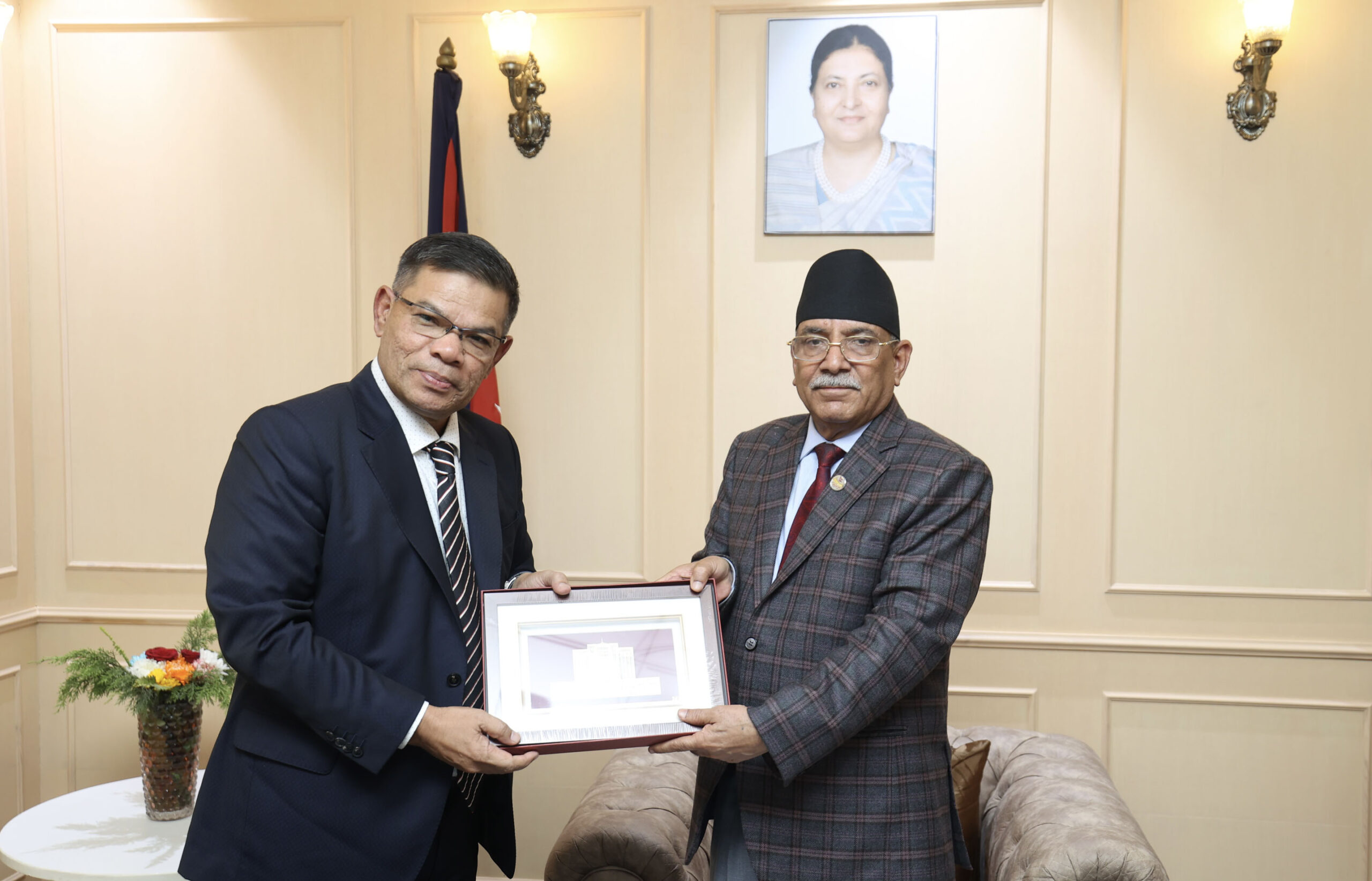KATHMANDU: A memorandum of understanding has been reached between Nepal and Malaysia to revise the bilateral labor agreement.
The agreement to this effect was reached between the two sides after the delegation led by Home Minister of Malaysia, Saifuddin Nasution Ismail, met Prime Minister Pushpa Kamal Dahal ‘Prachanda’.
According to the PM Dahal’s Secretariat, the authorities concerned of both countries would work on mutual cooperation for the same.
During the meeting, a discussion was held on the issues related to carrying out activities jointly in the sector of trade, investment, tourism, and economic development by increasing high-level political and administrative visit and dialogue between the two countries.
Prime Minister Dahal stressed that the concerns of welfare and security of Nepali workers in Malaysia should be addressed.
“I on the behalf of the government want to thank the Malaysian government for the environment provided to the Nepali workers.”
He said, “We are confident that the Malaysian government will ensure Nepali workers’ welfare and security by making legal and institutional reform to address problems, if any, in this regard. We are ready to collaborate with Malaysian government on it,” the PM said.
The Prime Minister thanked the government of Malaysia for increasing the minimum wage of workers to 1,500 Ringgit from 1,200.
Expressing commitment to strictly implement free visa, free ticket system, he opined that employment sector could be made more systematic if the provision was implemented.
Urging the Malaysian government to increase the number of Nepali workers in Malaysia in future, he laid emphasis on the need of support of the government of Malaysia on the issue of making the labour sector open, transparent, accountable, effective and systematic for Nepali workers in Malaysia.
Similarly, the Malaysian Home Minister said the Malaysian government was serious on the issue of welfare and security of Nepali workers and bringing in foreign workers in Malaysia.
Stating that there is need of workers in five economic sectors in Malaysia, he expressed commitment to make policy-level reform for the welfare of workers.









Comment